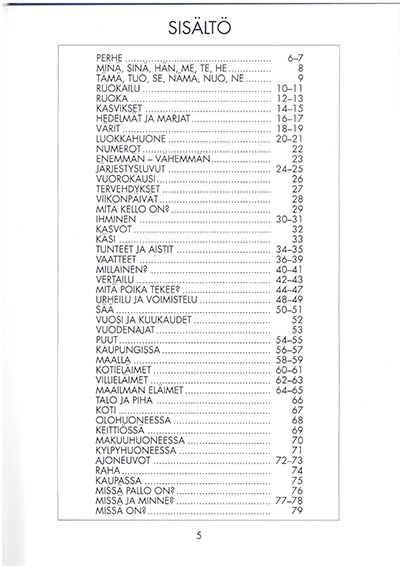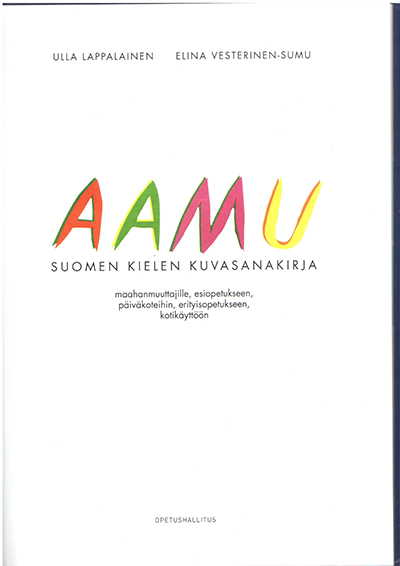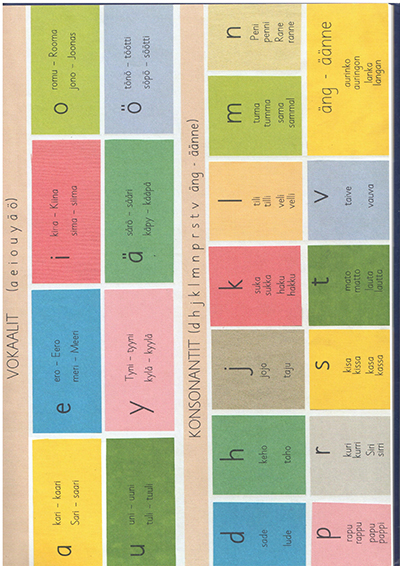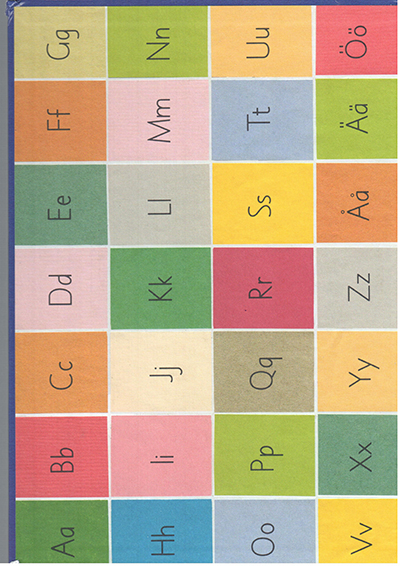| Sorted by date | |||
Page000-contentfrom Building IdeasContents
Acknowledgements vii Note on the Bibliography ix INTRODUCTION Theoretical Practices 1 PART 1 The Question of Meaning in Architecture 9 Chapter 1 Architecture as Engineering - The Technological Revolution 11 Chapter 2 Architecture as Art - Aesthetics in Philosophy 47 PART 2 Models of Interpretation 91 Chapter 3 The Return of the Body - Phenomenology in Architecture 93 Chapter 4 Systems of Communication - Structuralism and Semiotics 131 Chapter 5 Politics and Architecture - The Marxist Tradition 171 CONCLUSION Towards a Critical Hermeneutics 213 Bibliography 225 Index 235
|
|||
|
|
|||
Messagefrom General CriticsPhenomenology [fi.nɔmi´nɔlədʒi, fə.nɔmi´nɔlədʒi]
现象学 a philosophical doctrine proposed by Edmund Husserl based on the study of human experience in which considerations of objective reality are not taken into account semiotics [semi´ɔtiks, .semi´ɔtiks] 符号语言学 (philosophy) a philosophical theory of the functions of signs and symbols
|
|||
|
|||
|
|
|||
Messagefrom General CriticsEach chapter introduce certain approach to theory and criticism about architecture in certain cultural and historical context.
|
|||
|
|||
|
|
|||
|
|||
|
|
|||
Messagefrom General Critics"the major theoretical positions in contemporary architecture "----wawa good position!
|
|||
|
|||
|
|
 ... ...
... ... ... ...
... ... ... ...
... ... ... ...
... ... ... ...
... ... ... ...
... ... ... ...
... ... ... ...
... ... ... ...
... ... ... ...
... ... ... ...
... ... ... ...
... ... ... ...
... ... ... ...
... ... ... ...
... ...